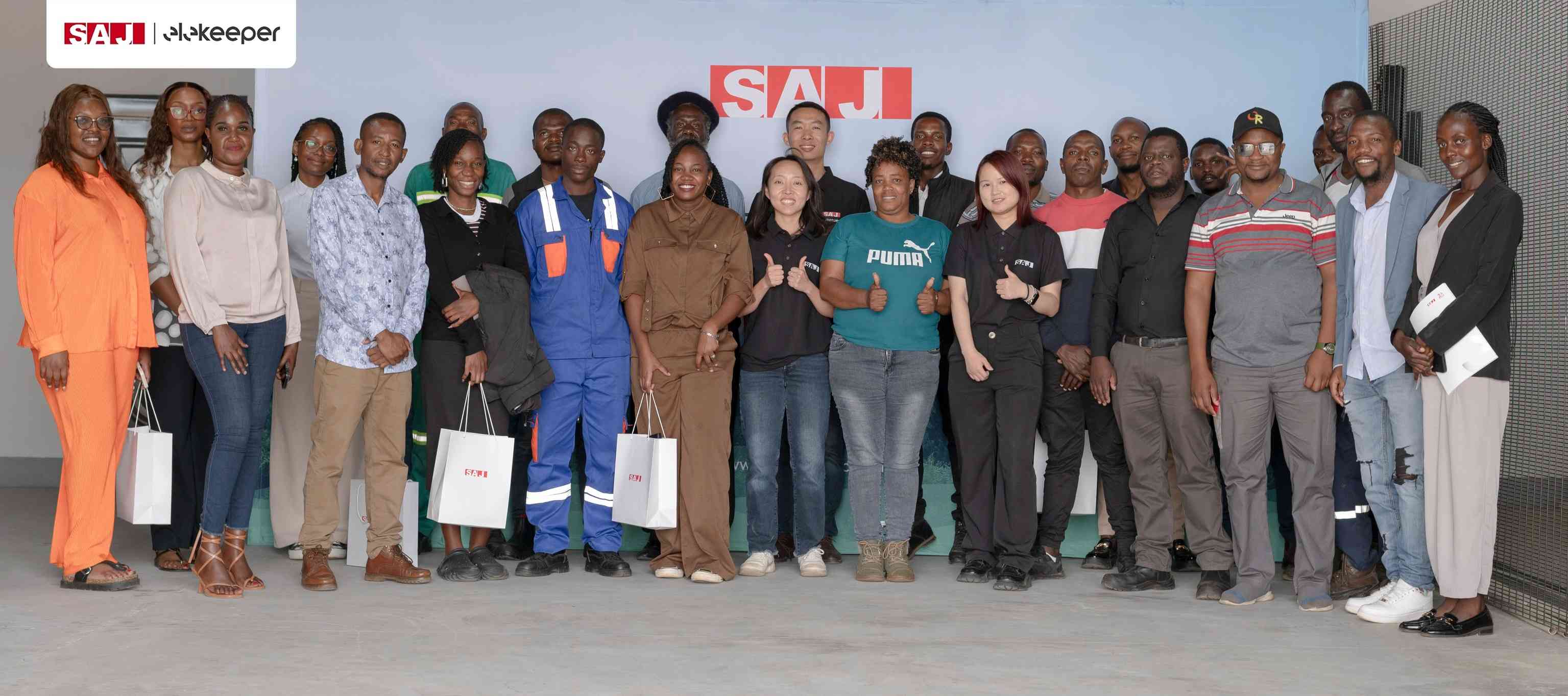
Zimbabwe’s ever widening trade deficit is hurting the economy and must be tackled in a holistic manner, a lobby for consumption of local products has warned.
In 2023, Zimbabwe’s trade deficit amounted to around US$2 billion as the country’s appetite for imports continues to grow.
Buy Zimbabwe chairperson Munyaradzi Hwengwere told standardbusiness on the sidelines of the inaugural Fisheries and Aquaculture Value Chain Indaba in Harare last week that the country was losing billions of dollars importing products that can be manufactured locally.
“If you look at Zimbabwe for the last, possibly, 10 years you will find that on a year-to-year basis we are in deficit,” Hwengwere said.
“Our trading statistics show we are trading at a deficit and we are losing billions of dollars annually and this has affected our country’s development and created trade imbalance.
“If you look at consumables in the mining industry, we are actually declining.
“So we find that in terms of the issues that have to do with machinery, equipment, validation in terms of chemicals, electricals and all that we are importing more.
“So, I think the space that the local industry needs to go to is to higher-end products, electricals, cosmetics, and even pharmaceuticals.”
- Mavhunga puts DeMbare into Chibuku quarterfinals
- Bulls to charge into Zimbabwe gold stocks
- Ndiraya concerned as goals dry up
- Letters: How solar power is transforming African farms
Keep Reading
He lamented the decline in Zimbabwe’s pharmaceutical industry and called for accelerated research and development to increase the product range.
“We used to be good, we used to be big in pharmaceuticals, but we have also now declined in terms of what we produce in Zimbabwe,” Hwengwere said.
“So areas where our research is very critical, that area, we have not done very well as well as consumables in the mining sector.
“We need to reduce the gap between the income we earn from our exports and then the income we lose from our imports. It’s just huge. We need to reduce it significantly.”
Hwengwere said the collapse of the industry that has spanned over 20 years has severely impacted trade and economic growth, which called for urgent solutions to restore the country’s economic standing.
Zimbabwe exports raw materials and minerals at lower prices while importing finished goods at higher values, a development that perpetuates the trade deficit while contributing to widespread poverty
“Year-on-year our trade balance for a very long time has been in the negative,” he added.
“So we actually import more than we export. This is because most of our exports are primary products.
“Most of our imports are finished goods. So we import things of a higher value.
“We export things of a lower value. For instance we would export lithium concentrate while we importing lithium batteries.
“You see, the price is different. Or you export (platinum group metals) PGMs and import cars.”
Hwengwere said this year’s Buy Zimbabwe summit and expo scheduled for November will focus on showcasing and promoting Zimbabwean products across Africa.
“We have made the Buy Zimbabwe conference a summit and expo,” he said.
“In fact, that’s our focus this year because we have discovered that we need to focus on showcasing Zimbabwean products and identifying areas where there are gaps and then doing nationwide campaigns to say you can produce in Zimbabwe.
“The market is in Zimbabwe and the rest of Africa is also working.
“That’s why we are saying made in Zimbabwe for Africa and this will be in November, towards the end of November.
“Most of the products that you find in the large retailers, wholesalers are Zimbabwe products, 12 years ago it used to be less than 10%. So in terms of that area, we have done very well.”










